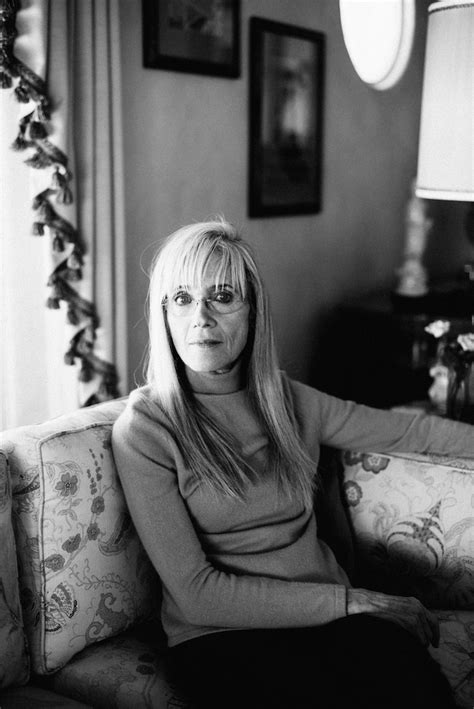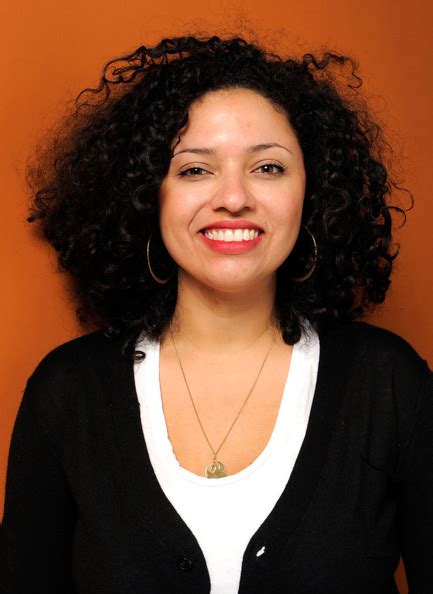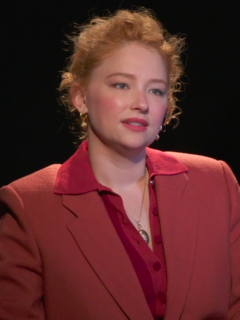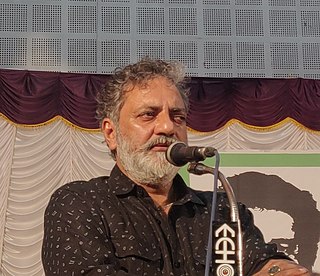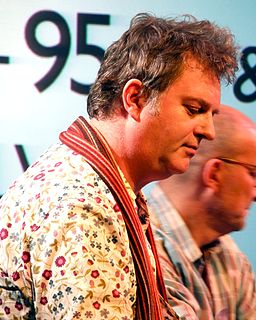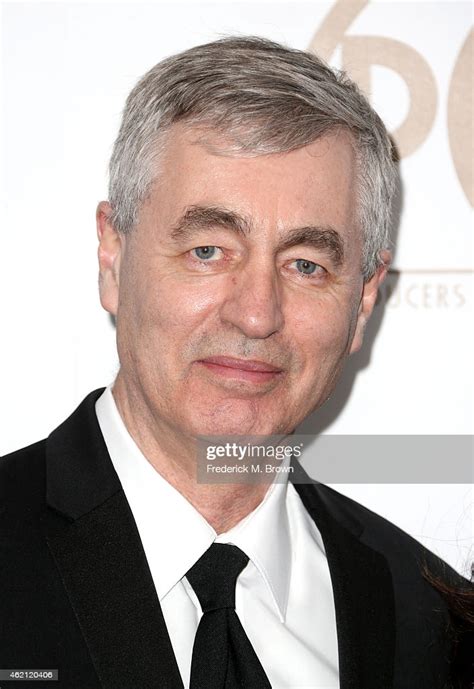A Quote by Stephanie Rothman
I naively thought I was making a low-budget movie. But, when the film came out, the Daily Variety reviewer at that time who was named Art Murphy described it as an exploitation film. I had never heard that term before. Roger never used it. So that's how I learned that I had made an exploitation film.
Related Quotes
There hadn't been one done since the late 70s. I was living in Brooklyn, had no connection to Roger Corman, to no one in this movie. I didn't go to film school. I'm like the person who should have never made this film. But I just decided to put one foot in front of the other. I was writing film articles for magazines at the time. I convinced an editor from one of the magazines that I was working for to give me a shot to do a piece on Roger. This was an excuse to go meet him.
When I started, every film got a full theatrical distribution. Today, almost no low budget films, maybe two or three a year, will get a full theatrical distribution. We've been frozen out of that, which means they must be aware that for a full theatrical distribution it either has to be something like Saw or some exploitation film of today or an extremely well made personal film.
There's not a formula that I'm following; it's just how I feel at the time. For instance, I did a very experimental film called 'Hardcore Henry,' and that was simply because I thought the filmmaker was very interesting and a risk taker. A film like that had never been made before, so I chose to do that at the time.
Mammootty came on board unexpectedly. 'Uncle,' which I am co-producing with Sajai Sebastian, was meant to be a low-budget film and we had almost cast another actor in the titular role. But, during the shoot of 'Puthan Panam,' I narrated the film's plot to Mammootty, who liked it and wanted to do the movie.
I met Michael Snow and Stan Brakhage the second day after I arrived, you know. I had never seen or heard of Brakhage. For me, it was a revolution, because I was well educated in film, but American-style experimental film was known to me in the abstract, and I had seen practically nothing. I had seen a film then that Noël Burch had found and was distributing called Echoes of Silence. It was a beautiful film, three hours long. It goes forever and it was in black and white, very grainy, and I saw that film and I thought...it was not New Wave. It was really a new concept of cinema.
When I was younger, I definitely thought musical theater was sort of more pure than film. I used to say I'd never go to film because we had to get it right the first time in musical theater. But then, of course, I started doing film and realized I loved it. Keep in mind that I was 8 years old when I said that.
During the entire process of making this film I never thought about whom I was making it for. I always thought that the film was for me, but I didn't think of any of that. I just did what I thought I had to do. I didn't think, "This is what children are going to think" or "This is what adults will understand."
If you take a movie like Easy Rider which everyone counts as the beginning of New Hollywood, that is a big movement. And then, when you really dissect that film and the people that were behind that movie, you realize that it has Roger Corman written all over it. Easy Rider is a hybrid film, taking The Trip and The Wild Angels and making a new explosion. And the people that were making it, guess what, they were all [people who had worked with Roger Corman].
I love Donnie Darko movie so much. Just before I got that script, I had been to see some European art film. I walked out of that movie and said to my husband, "That's what I want to do! I want to do an art film and take it to the edge." Within two weeks, we were getting ready to go on vacation, and my agent called.
There's something magical about film, it's the ultimate for me, because it's kind of permanent - inasmuch as anything is. When I went to see Buster Keaton when I was about 14 and I came out of the cinema having really laughed at this film which had been made 50 years before, I thought: That's immortality. It's fantastic.
